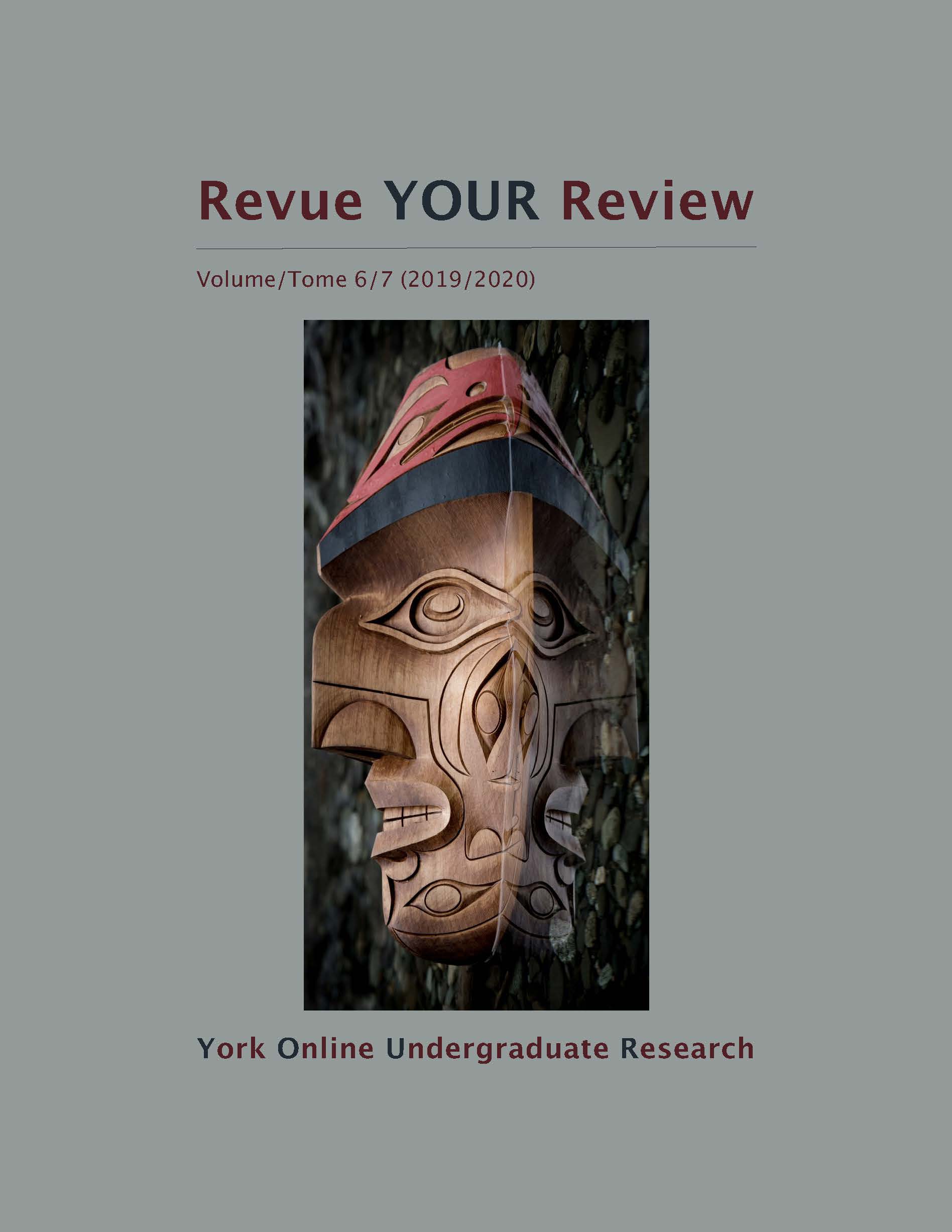Biculturalism and Psychological Well-Being: Investigating the Role of Socioeconomic Status
Abstract
This online study investigated the role of socioeconomic status in previously established relationships between bicultural identity integration (or bicultural self-efficacy) and psychological well-being (or life satisfaction) among bicultural immigrant students at a large Canadian university (N = 403). A comprehensive measure of socioeconomic status was utilized to measure income, level of education, and occupational status of participants’ guardians, as well as to determine participants’ access to financial resources and sources of psychosocial supports and stressors (in the domains of interpersonal relationships, home and neighbourhood environment, individual health, and religious affiliation). The study found that socioeconomic status is responsible for a large variance in the relationship between bicultural identity integration (or bicultural self-efficacy) and psychological well-being (and life satisfaction). Within socioeconomic status, the domains of interpersonal relationships and surrounding environment were significant contributors to these relationships, while guardians’ incomes, levels of education, and occupational statuses were insignificant along with participants’ financial resources, individual health, and religious affiliation.
Downloads
Published
How to Cite
Issue
Section
License
LicenseAuthors contributing to Revue YOUR Review agree to release their articles under one of three Creative Commons licenses: Creative Commons Attribution 4.0 International; Creative Commons Attribution-NonCommercial 4.0 International; or Creative Commons Attribution-NoDerivatives 4.0 International. All editorial content, posters, and abstracts on this site are licensed under Creative Commons Attribution-NoDerivatives 4.0 International. For further information about each license, see:
https://creativecommons.org/licenses/
In all cases, authors retain copyright of their work and grant the e-journal right of first publication. Authors are able to enter into other contractual arrangements for the non-exclusive distribution of the e-journal's published version of the article (e.g., post it to an institutional repository or publish it in a book or in another journal), with an acknowledgement of its initial publication in this e-journal.


